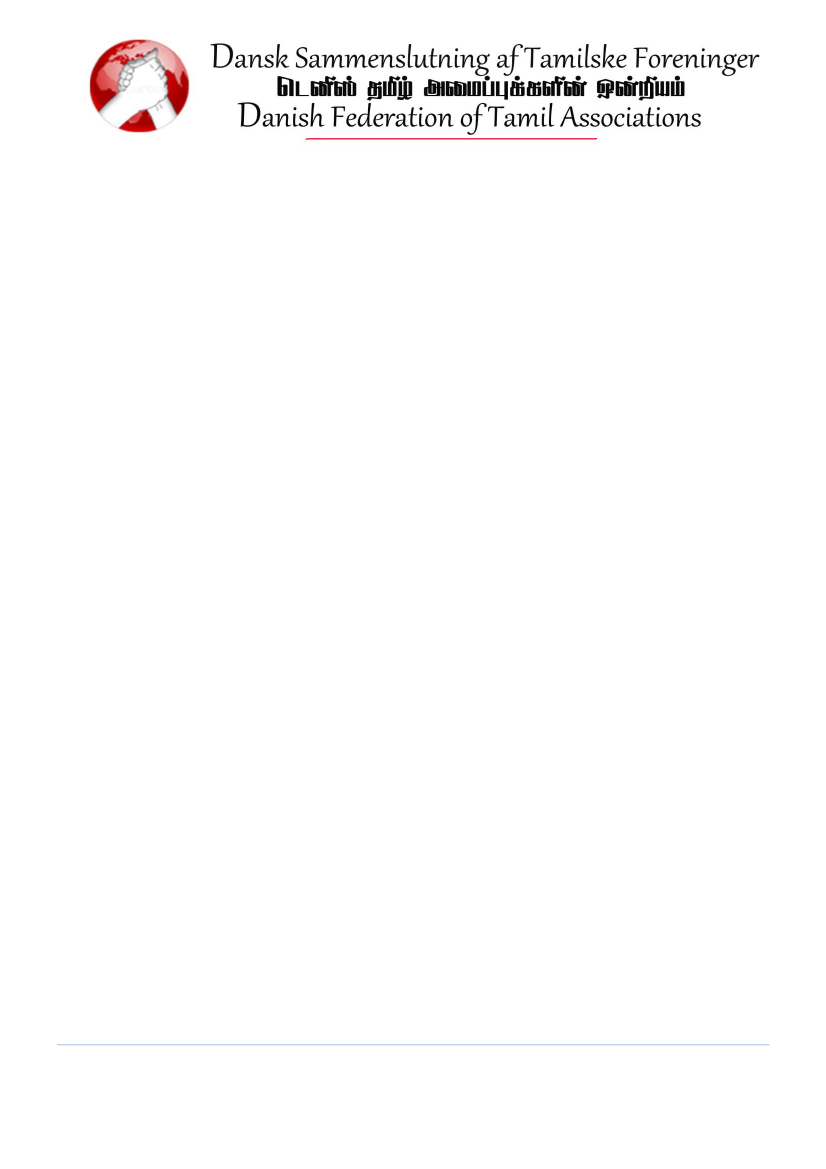
13.03.2017
ADVOCACY NOTE ON SRI LANKA
1) Introduction/purpose of this document
Sri Lanka will again be the subject of scrutiny at the UN Human Rights Council 34
th
Session held in
Geneva from 27 February to 24 March 2017.
We seek your support in ensuring that the upcoming consideration of Sri Lanka’s progress toward
implementing its commitments under United Nations Human Rights
Council resolution 30/1 accurately
and substantively reflects the situation within the country. This includes both progress
to date and the
significant challenges remaining. We have below outlined some of the key issues we would like you to
consider.
2) OHCHR Investigation on Sri Lanka (OISL) 2015
In its resolution A/HRC/25/1 adopted in March 2014 on “Promoting reconciliation, accountability and
human rights in Sri Lanka”, the United Nations Human Rights Council requested the UN High
Commissioner for Human Rights to “undertake a comprehensive investigation into alleged serious
violations and abuses of human rights and related crimes by both parties in Sri Lanka during the period
covered by the Lessons Learnt and Reconciliation Commission (LLRC), and to establish the facts and
circumstances of such alleged violations and of the crimes perpetrated with a view to avoiding impunity
and ensuring accountability, with assistance from relevant experts and special procedures mandate
holders”.
Findings
-
OISL says the Sri Lankan security forces and paramilitary groups linked to them were implicated in the
unlawful killing of civilians, conducted “in a widespread manner”. Some of these could amount to war
crimes, and / or crimes against humanity.
OISL documented “long-standing patterns of arbitrary arrest and detention” by Government security forces,
as well as abductions by paramilitary groups linked to them.
OISL found there was “widespread, systematic and particularly brutal” use of torture by Government
security forces at the end of the war and after the war.
OISL said the prevalence of often extremely brutal sexual violence was one of its most shocking findings.
-
-
-
The UN High Commissioner for Human Rights
when presenting the OISL report to the Human Rights
Council said:
-
The sheer number of allegations, their gravity and recurrence and the similarities in their modus operandi,
as well as the consistent pattern of conduct they indicate, all point to system crimes. These he said cannot
be treated as ordinary crimes, but as crimes under international law.
Address:
E-mail:
Mobile:
Ole Worms Vej 11, 7500 Holstebro, Denmark
+45-21 73 41 79
Maheswaran Ponnampalam
Chairman